Defining patient communication needs during hospitalization to improve patient experience and health literacy
Document Type
Articleinfo:eu-repo/publishedVersion
Language
English
Subjects and keywords
Comunicació en medicina; Personal mèdic i pacient; Alfabetització per a la salut
Publisher
BioMed Central Ltd.
Note
Rights
Aquest document està subjecte a aquesta llicència Creative Commons
https://creativecommons.org/licenses/by/4.0/deed.ca
This item appears in the following Collection(s)
Articles [717]
